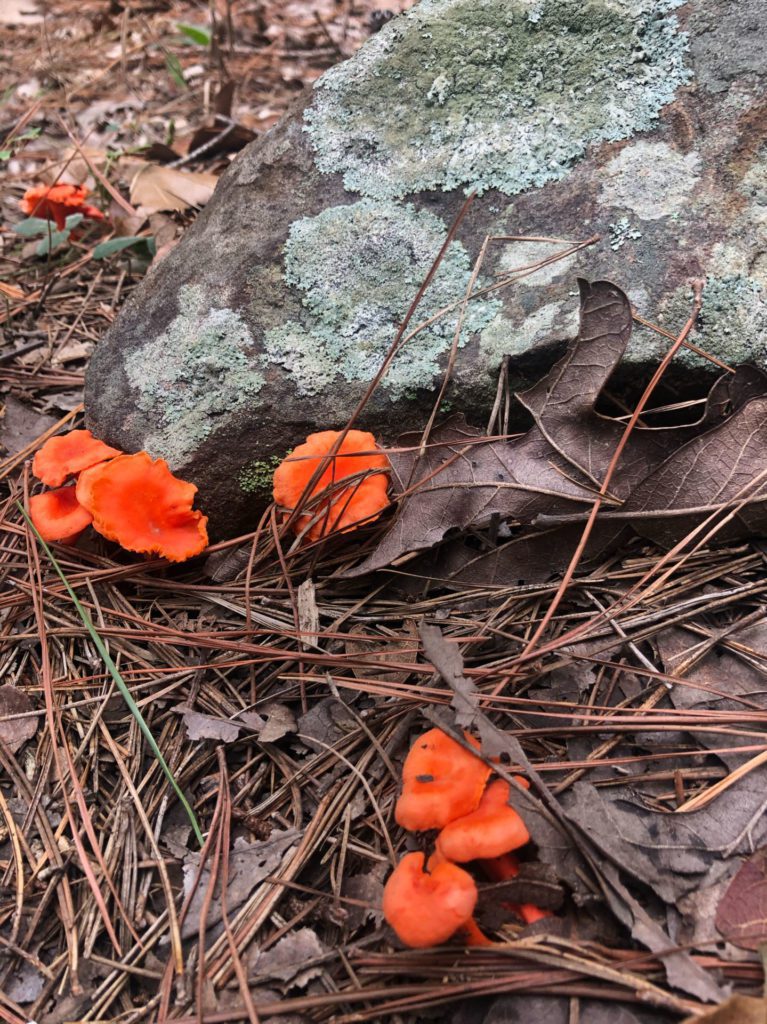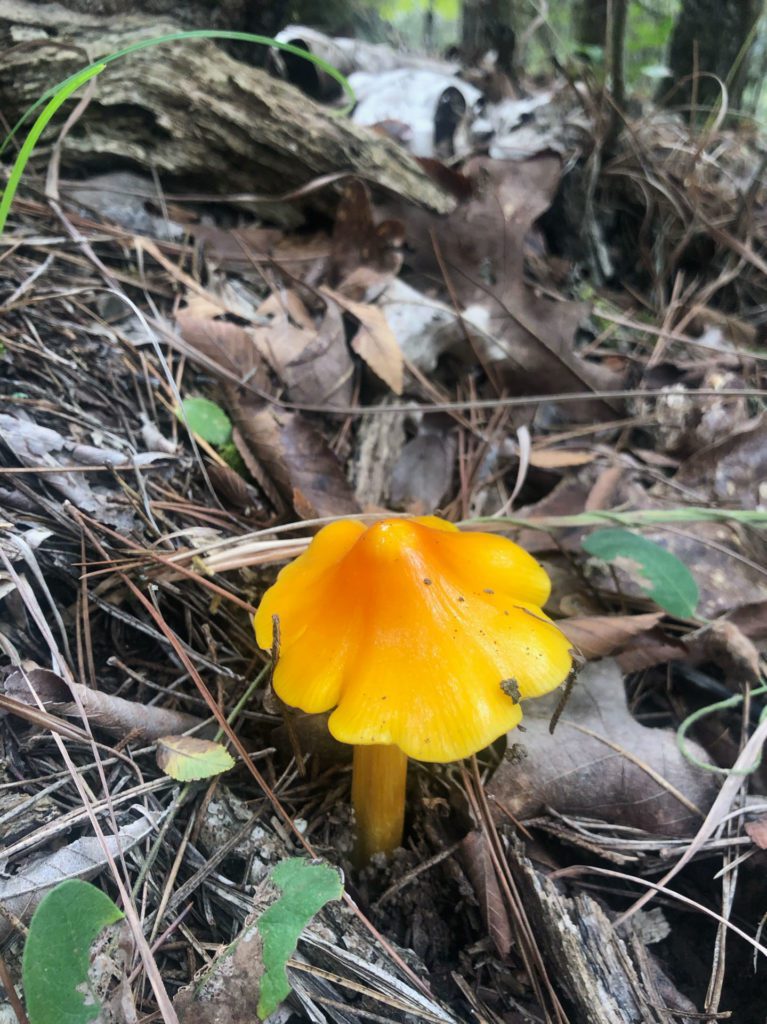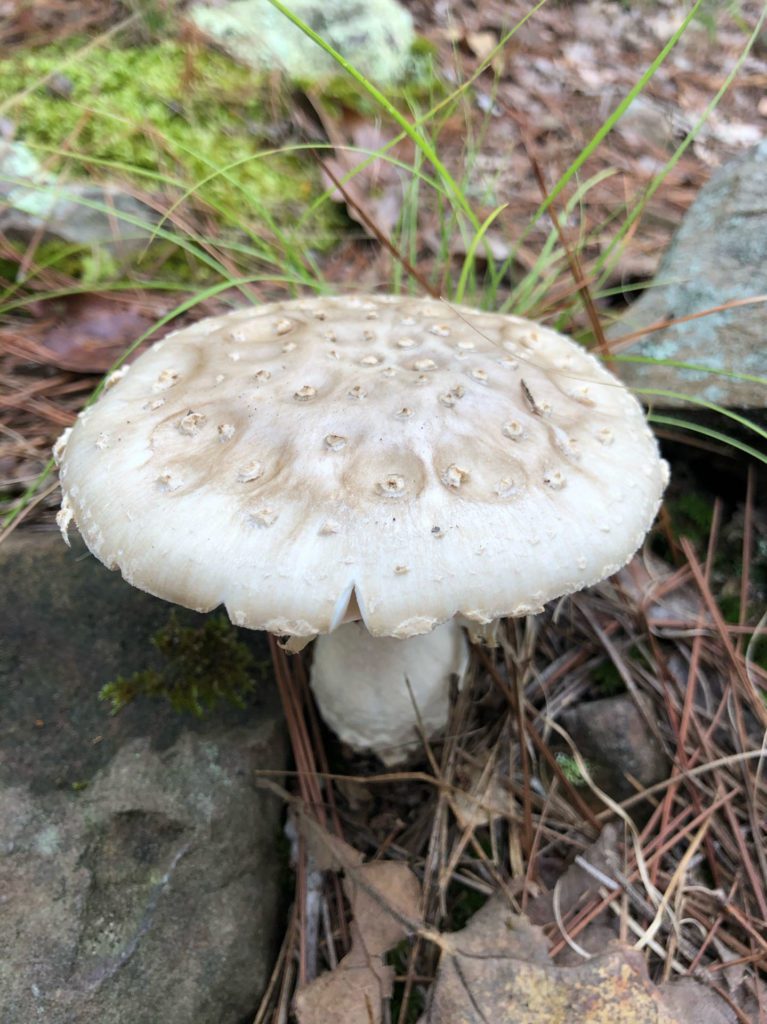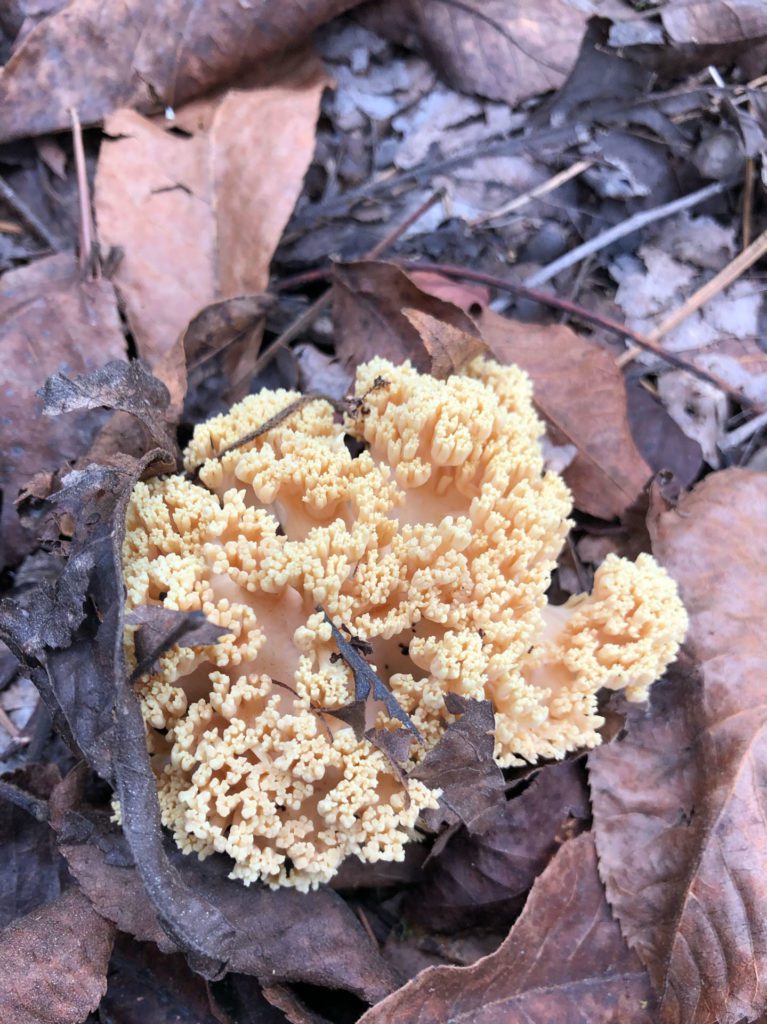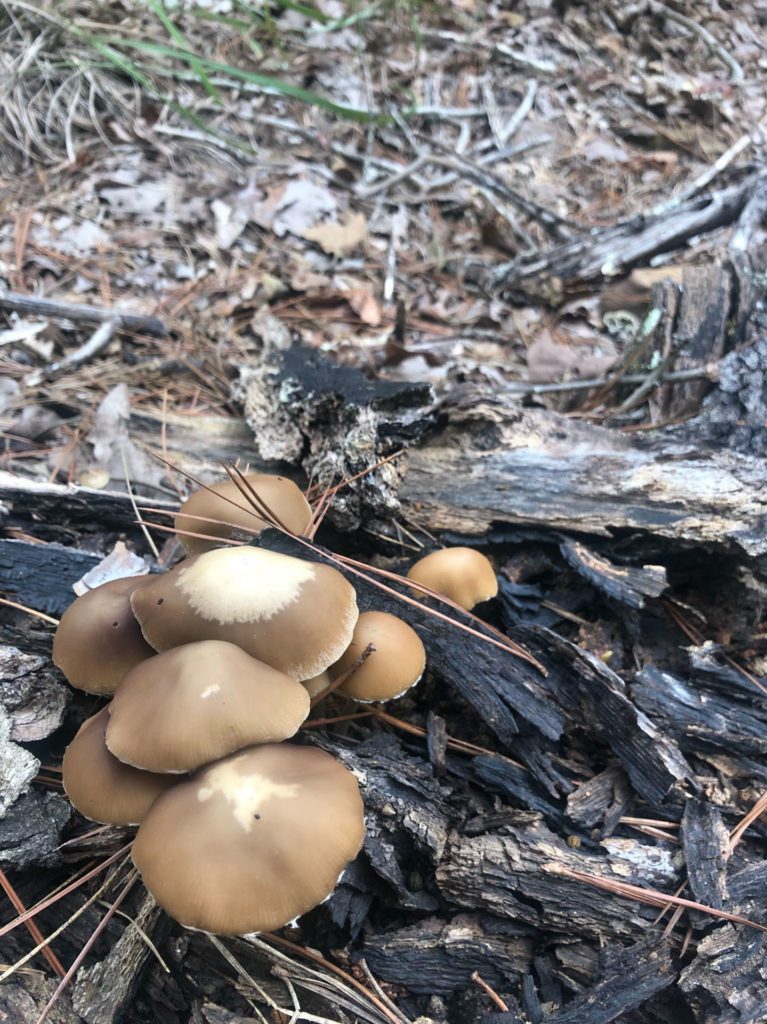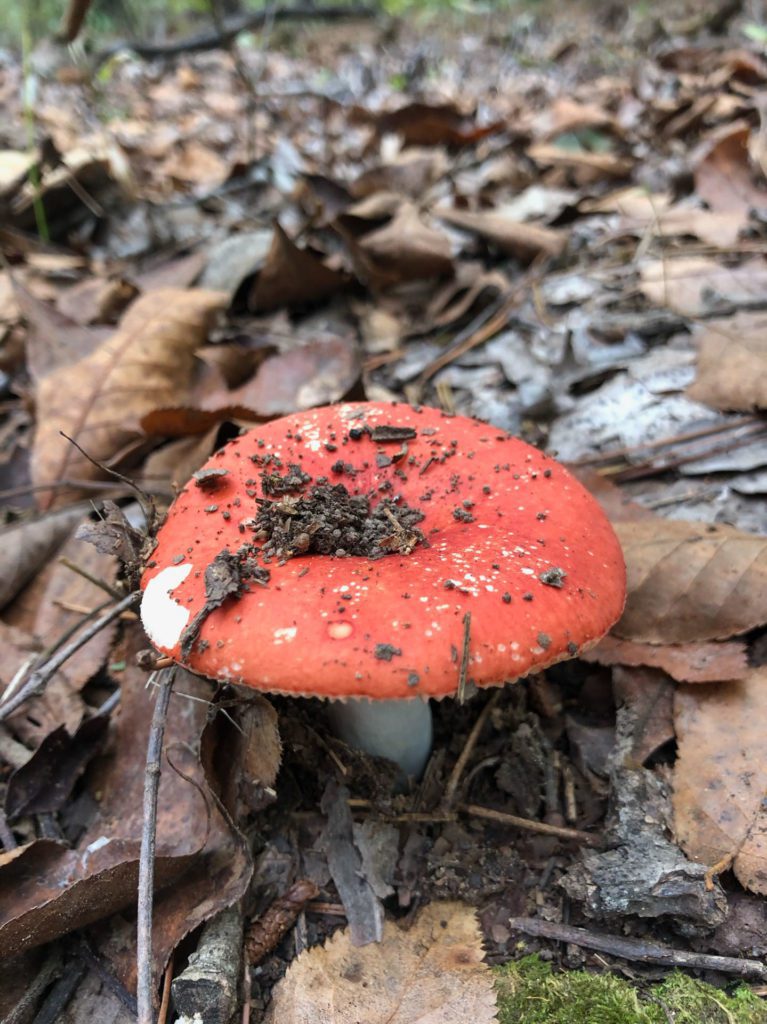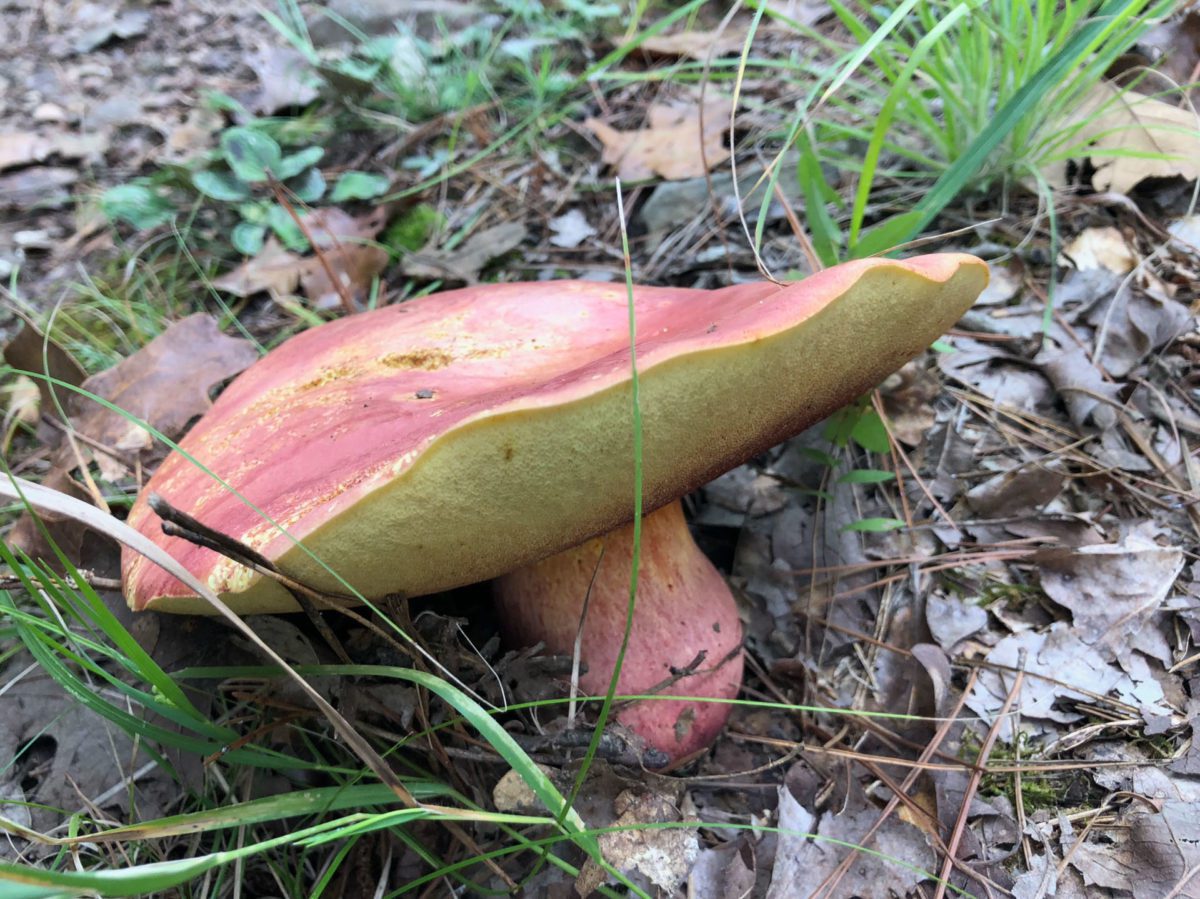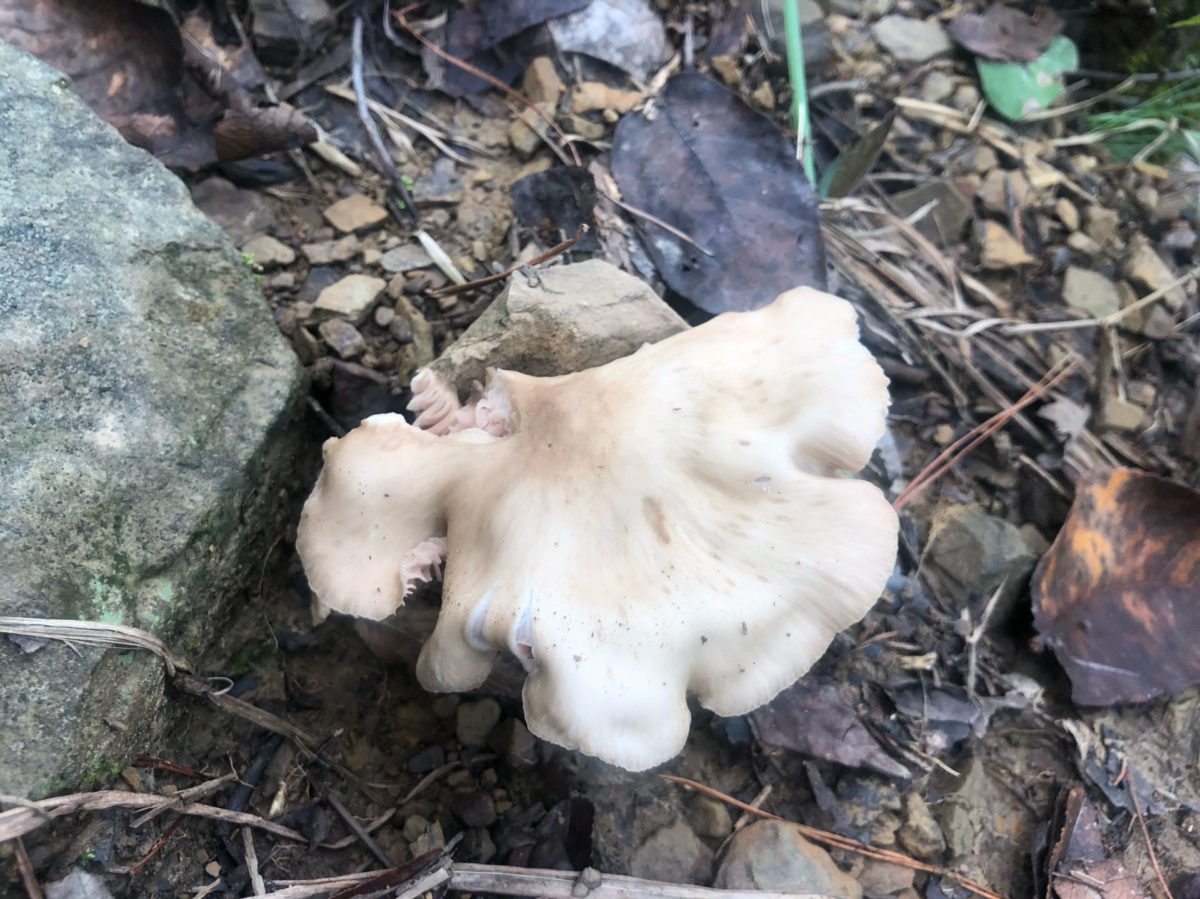It’s safe to assume you shouldn’t eat the mushrooms in your yard. However, if by some misfortune you ingest a mushroom of unknown variety, rest assured there are professionals in the state of Oklahoma who have consulted with and advised medical professionals on mycological-related poisonings. Professionals like Estelle Levetin, PhD, for example – president of the Oklahoma Mycological Society whose ascension to the position wasn’t exactly typical.
“Last fall, I got a renewal notice, so I renewed, and then I didn’t think anything of it,” says Levetin. “And then we got another notice that was a call for nominations for officers, and I just assumed there was a group that was organizing this and was involved. The next thing I hear was from the garden center [The Tulsa Garden Center] that I was nominated for president and I said, ‘What!’ And lo and behold, I got elected.”
Despite Levetin’s initial surprise, most would not be shocked after considering her credentials. Levetin is a mycologist with over 50 years of experience in the field and whose doctoral research focused on fungal physiology and nutrition.
The magical menagerie of mushrooms isn’t all macabre, as many wild mushrooms are safe to consume; some even contain medicinal properties. But for those interested in mushroom foraging, Levetin recommends working with a professional before heading into the woods.
“You really should take a class,” she says. “I really feel you need some training before you go out and collect. There is a saying: ‘There are old mycologists and there are bold mycologists. But there are no old, bold mycologists.’ So you need some skill; you need to learn what to look for.”
But the woods aren’t the only place where amateur mycologists can locate edible mushrooms and fungi. Grow-at-home kits can be purchased online, and classes are offered throughout the year by local organizations – including the Mycological Society – on how to cultivate different species.
“It’s not a very difficult thing once you’ve got an understanding of the life cycle,” says Joel Myers, treasurer of the Oklahoma Mycological Society, who also co-owns Earthwise Mycology and owns Oklahoma Mushroom Company. “A good mushroom to start out with is an oyster mushroom. Oyster mushrooms will grow on just about anything organic.”
For Myers and Levetin, the society is a community of like-minded individuals who can collaborate, learn and celebrate the world of mycology.
“It affects people in so many different ways,” says Levetin. “There’s definitely a growing interest in mycology and growing mushrooms.”
Myers agrees, and advises interested individuals to check out the Mycological Society.
“We’re going to be updating and adding more classes and getting some speakers and things like that,” she says. “And if anyone wants to get some fresh mushrooms at the Tulsa Farmers Market you can check out the Oklahoma Mushroom Company.”
Etymology of Mycology
The word mycology comes from the Ancient Greek: μύκης (mukēs), meaning “fungus” and the suffix –λογία (-logia), meaning “study,” according to A Glossary of Scientific Terms for General Use written by Dr. Alexander Henry.






















